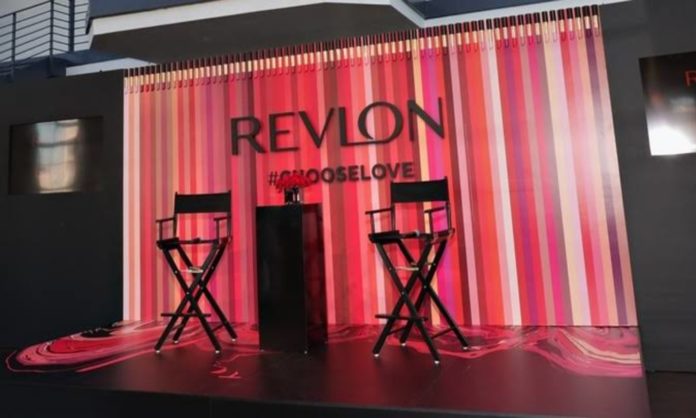Revlon, the 90-year-old multinational beauty company, has filed for Chapter 11 bankruptcy protection after being weighed down by debt load, disruptions to its supply chain network and surging costs.
Revlon In Debt Amidst Supply Chain Disruptions
The filing was in the U.S. Bankruptcy Court for the Southern District of New York. The New York-based company expects to receive $575 million in financing from its existing lenders, which will allow it to keep its day-to-day operations running. None of Revlon’s international operating subsidiaries is included in the proceedings, except for Canada and the United Kingdom.
The company, which also owns brands including Elizabeth Arden, Almay, and Cutex, and fragrances fronted by Christina Aguilera and Britney Spears, faces delisting from the New York Stock Exchange following its filing with the bankruptcy court for the Southern District of New York.
Cosmetics giant Revlon filed for bankruptcy after the 90-year-old company buckled under debts it built up trying to compete with younger, online-focused upstarts https://t.co/g68LO2ki3D pic.twitter.com/dhEd1F8r4S
— Reuters (@Reuters) June 17, 2022
Read More: Retail Brand Zara Under Fire For Disrespecting Food
The collapse of Revlon’s finances follows a downturn in the beauty sector during the height of the coronavirus pandemic. At the same time, the group has been hit this year by ingredients shortages and steep cost rises. Sales had continued to lag pre-pandemic levels.
“Today’s filing will allow Revlon to offer our consumers the iconic products we have delivered for decades while providing a clearer path for our future growth,” CEO Debra Perelman said in a statement Thursday.
“Consumer demand for our products remains strong – people love our brands, and we continue to have a healthy market position. But our challenging capital structure has limited our ability to navigate macro-economic issues to meet this demand.” She further added.
Chapter 11 Bankruptcy
Chapter 11 filings allow a company to continue operating while it works out a plan to repay creditors. Revlon said in a statement that it’s lined up $575 million of so-called debtor-in-possession financing from existing lenders to fund itself during bankruptcy.
The rise of the competitor brands, including Fenty beauty and kylie, has also made a revolutionary change in the beauty world. With brands coming up with launches every other month, keeping up with the trends is difficult, especially under demanding circumstances.
Read More: Sunsilk Rolls Out An Immersive Metaverse Experience
Revlon’s problems only intensified with the pandemic, which hurt sales of lipsticks as people masked up. Sales fell 21% to $1.9 billion in 2020 but rebounded 9.2% to $2.08 billion in 2022 as shoppers returned to pre-pandemic routines. In the latest quarter that ended in March, sales rose nearly 8%. The company avoided bankruptcy in late 2020 by persuading enough bondholders to extend its maturing debt.
In recent months, Revlon, like many other companies, experienced industry-wide supply chain challenges and higher costs. The beauty company said in March that logistical issues hurt its ability to meet customer orders. It also said rising prices stymied it on crucial ingredients and persistent labor shortages.
Stay tuned to Brandsynario for the latest news and updates.
































